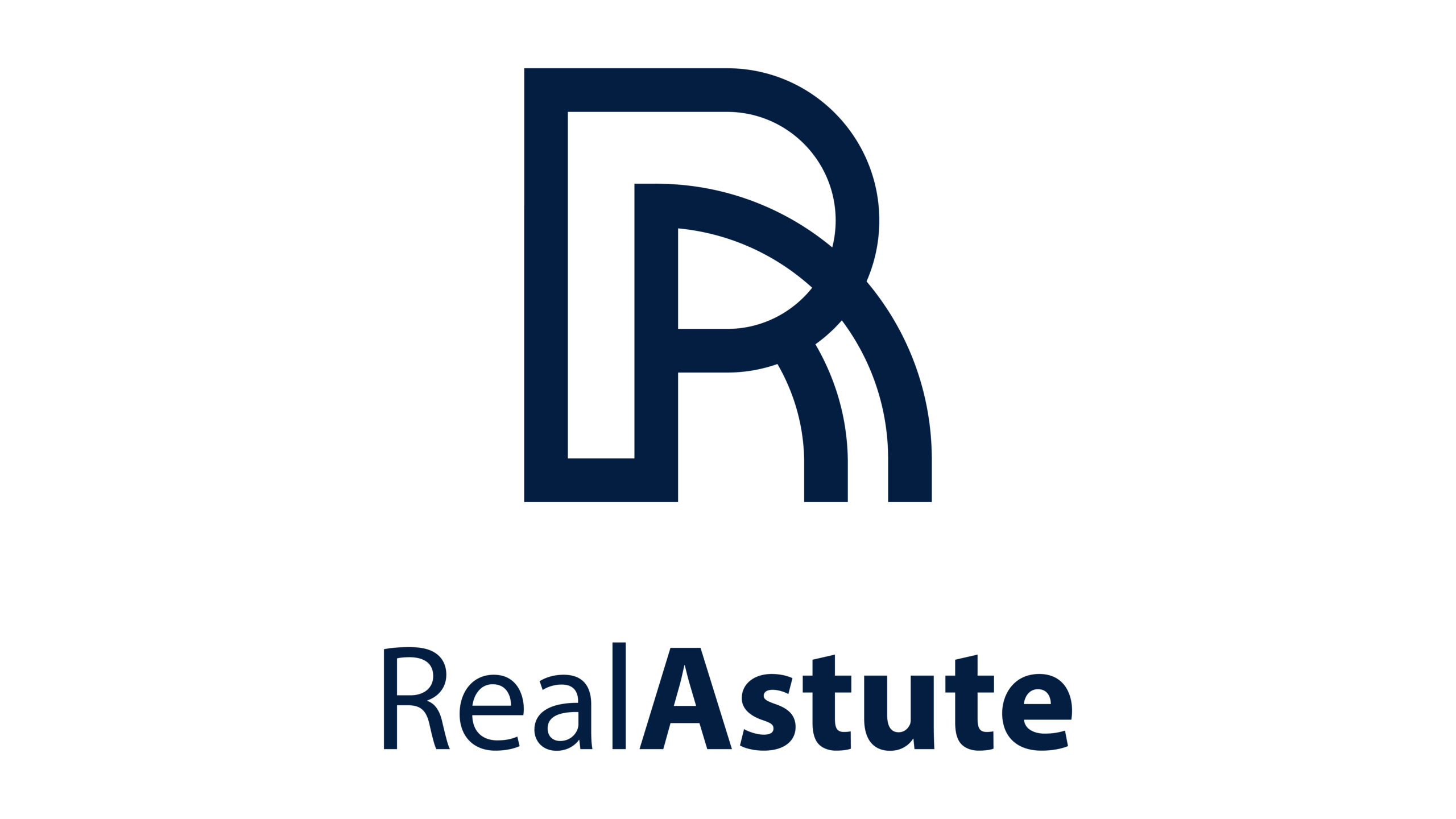5 Strategies REALTORS Can Use to Overcome Procrastination
Procrastination behavior leads to stress and discombobulation in life. If you are a REALTOR, procrastination could be your biggest enemy. In fact, when you say that you don’t have the energy or the time or the emotional bandwidth to do something right now, you are likely to pay a heavy price for it later.
No matter your profession, it is always important to take a proactive approach in handling your routine tasks. Don’t waste time on things that are not your priority; rather, set up a healthy schedule for your day and be focused on your work. Studies reveal that completing your tasks gets more complicated when you keep putting things off time and again. Moreover, it also increases the cost of achieving that particular long-delayed goal.
Here are five trusted strategies from experts to help real estate agents overcome the bad habit of putting things on hold:
Increase your awareness about procrastination
The first most thing you need to do is analyze your behavior. Judge when you decide to postpone tasks and how you feel while putting things on hold. Make a list of tasks that you prefer to complete on time, as well as those you keep on avoiding over and over. This analysis will help you to understand your procrastination behavior more clearly.
Step beyond your beliefs
We human beings have a terrible habit of getting trapped in our own beliefs. Things we believe often help us to decide what to do and what to ignore. But sometimes, the same belief engages us with unnecessary tasks, while the important ones remain pending. For instance, you may think of baking cake at home but put off actually baking it — when buying a perfectly good cake from the market could save more time and get the job done.
Learn to prioritize things
Many people put off doing simple things with a thought that they will handle the hardest first. But this strategy may add more stress and struggle to your life while making it challenging to complete difficult tasks on time. Experts advise starting your to-do list by tackling simple things first and then move to the difficult ones. When you are into the real estate business, you need to prioritize your property listings and meetings with clients accordingly.
Decide time limits for tasks
When you have loads of things to manage, completing them all on time may be challenging. But many tasks in the list can be assigned a specific time limit to avoid the burden in the long run. For instance, if you cannot read this month’s REALTOR magazine issue, you can postpone it to the next month. But if you fail to read that next month as well, it is better to discard it. When you put time limits on tasks, you can control your pile from growing too high.
Focus on important tasks
Many tasks in business require timely attention, and you may have to achieve set deadlines for them. Never ever procrastinate such essential tasks. Analyze outcomes associated with every task and then set priorities for them. When you start working, pay full attention to that, and you will naturally get the best results in lesser time. It will help you spare more time, and you can handle multiple things in sequence.




